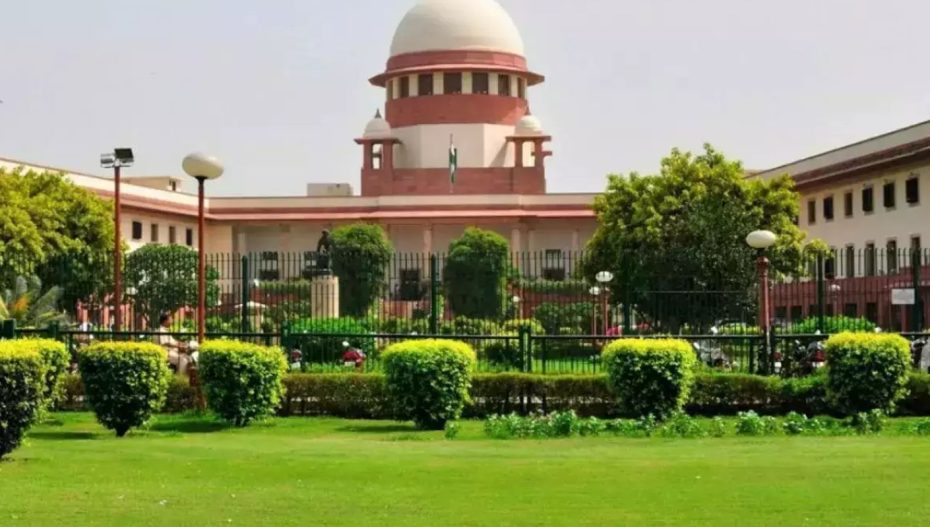In a significant ruling, the Supreme Court stated on Monday that Members of Parliament (MPs) and Members of Legislative Assemblies (MLAs) cannot claim any immunity from prosecution under Articles 105 and 194 of the Constitution when they are accused of taking bribes.
Article 105(2) confers on MPs immunity from prosecution in respect of anything said or any vote given by them in Parliament or on any parliamentary committee. Article 194(2) grants similar protection to MLAs.
A Constitution bench of Chief Justice of India (CJI) DY Chandrachud with Justices AS Bopanna, MM Sundresh, PS Narasimha, JB Pardiwala, PV Sanjay Kumar and Manoj Misra delivered the unanimous verdict.
The issue before the Supreme Court arose from a plea filed by Sita Soren, sister-in-law of former Jharkhand Chief Minister Hemant Soren. Hemant Soren had stepped down after the Enforcement Directorate (ED) filed a money laundering case against him.
Meanwhile, Sita Soren was accused of taking a bribe to vote for a particular candidate in the 2012 Rajya Sabha Elections.
Earlier judgment overruled
The Court also overruled a contrary judgment rendered by it in 1998 in the case of PV Narasimha Rao v. State in which the Court had opined that legislators are immune from being prosecuted for even taking bribes to vote a certain way in a legislative house.
“While analysing majority and minority decision of Narsimha Rao judgment, we disagree and overrule the judgment that parliamentarian can claim immunity…The judgment of the majority in Narsimha Rao which grants immunity to legislators has a grave danger and thus overruled,” the Court held.
The Court stated that the immunity given to legislators with respect to anything said or done in Parliament or in a legislative assembly is connected to the “collective functioning” of the house. These provisions are meant to promote free deliberations. However, the atmosphere would be vitiated if a member is bribed to deliver a speech, the Court said.
Hence, bribery is not rendered immune under Article 105 (2) or 194 (2) of the Constitution, it said. The Court has also ruled that just the act of taking a bribe could expose the legislator to criminal charges. It is not required for the legislator to do any further act in response to the bribe, it added.
Bribery erodes probity in public life, the Court said. It does not matter whether a vote is cast or not in response to a bribe. The offence of bribery is complete when a bribe is accepted, the Court held.












